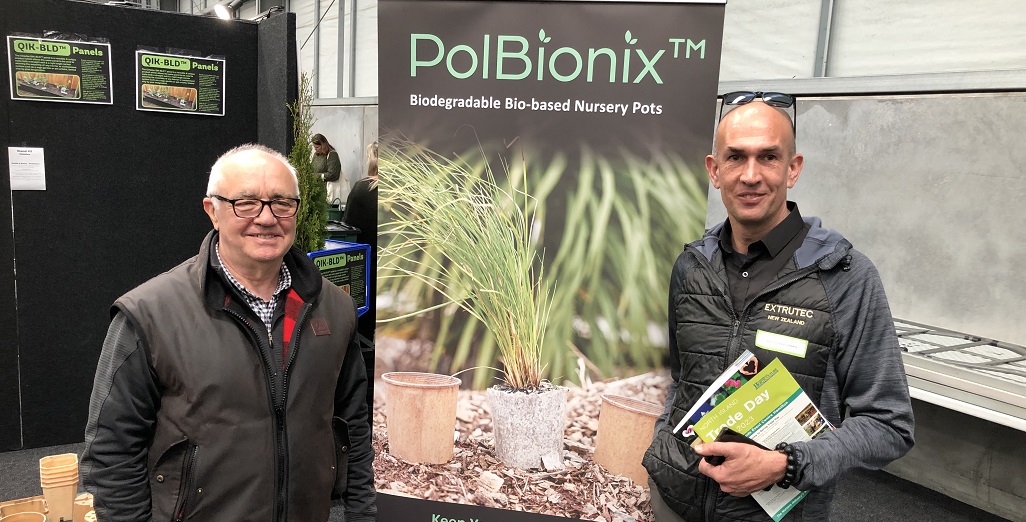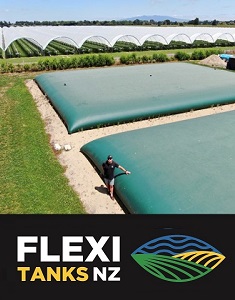Sign up here to subscribe to the Grower2grower Ezine. Every two weeks you will receive new articles, specific to the protected cropping industry, informing you of industry news and events straight to your inbox.
May 2021
Be careful who you let into your glasshouse to prevent cross contamination
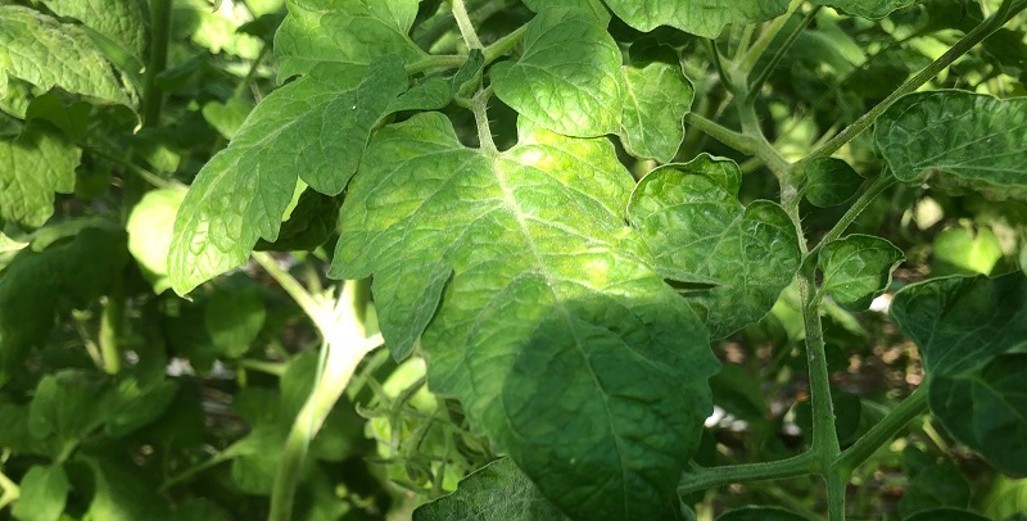
Small things matter
Hygiene is of the upmost importance however, good hygiene protocols come with a price tag. Currently, the tomato and cucumber industry are enduring a tough period. Terribly low returns, for tomato growers, have been ongoing since labour weekend 2020. For all growers, the ever-increasing costs associated with wage, energy and consumables is forcing businesses to cut back to save every cent – even hygiene measures.
Foot baths and gloves:
Some growing operations may view strict hygiene protocols as a luxury not necessarily a necessity, but with this comes an associated risk. There are some exceedingly small things I believe businesses can do that would give them greater protection from different bacteria’s or viruses. This may be something as simple as having foot baths at entry and exit points. Footwear is an obvious way of introducing nasties into your greenhouse. Make sure that staff constantly change gloves, up to three to four times a day if necessary. Have a cleaning solution available so that your gloves can be sterilised between plants. This is probably unachievable but if the message is consistent then dipping hands/gloves becomes routine. Knifes and pruning equipment should be frequently dipped into a cleaning solution. These are simply basic routine activities.
Clothing:
Clothing is a major risk to spreading virus. Many companies, especially in Holland, have strict protocols for clothing, including staff uniforms that must be changed into on arrival to work and then changed out of before leaving. The uniforms are then all washed in accordance with hygiene protocols to kill certain viruses. This is not common practice in New Zealand, but these measures will reduce staff spreading unwanted viruses that could cripple crops. It is difficult to work in our hot weather conditions with protective suits over the top of clothes staff come to work in so by having a uniform provided and cleaned offers both the staff and the business owners the best form of protection. For small growers they need to stress to their staff the importance of wearing clean clothes to work and how important it is not to wear their work clothing in their garden for example.
Crates:
As mentioned last week, but worth driving the message home – KEEP SEPARATE picking crates and crates used for sending product to the market.
Pallets:
NEVER let pallets enter your greenhouse unless they are dedicated to the greenhouse.
Contractors:
Contactors provide a great service for peak short-term workloads; they also are the biggest threat to spreading disease. Constant dialogue with contractors is required to reduce this threat.
Service and supplier workers:
STOP signs to restrict the movement on your property of technical service people, truck drivers delivering supplies and even advisors, like myself. Restriction of people carrying goods is crucial to minimise the risk of spreading viruses. This does mean asking your suppliers not to come into your greenhouses or to close to storage areas when unloading.
Grower contact:
Growers will enter stores together, converse and even though there is only a small chance it is best to avoid contact if you have clothes or have footwear on that has been in and out of a glasshouse.
Sometimes you don’t have to spend much to prevent issues arising, you just need some basic policies in place and to make sure you keep the dialogue flowing with staff and others you deal with directly involved with your business.
For suppliers that read this article, please consider your movements and the impact on your customers. If a disease was accidentally introduced the financial loss to growers could be severe as well your own business. We are all in this together and must help each other with what is quite simply zero cost polices.
Article written and compiled by Stefan Vogrincic
All Article’s checked and edited by Marie Vogrincic
I appreciate your comments. Please feel free to comment on the grower2grower Facebook page:
https://www.facebook.com/StefanGrower2grower/
CLASSIFIED
Subscribe to our E-Zine
More
From This Category
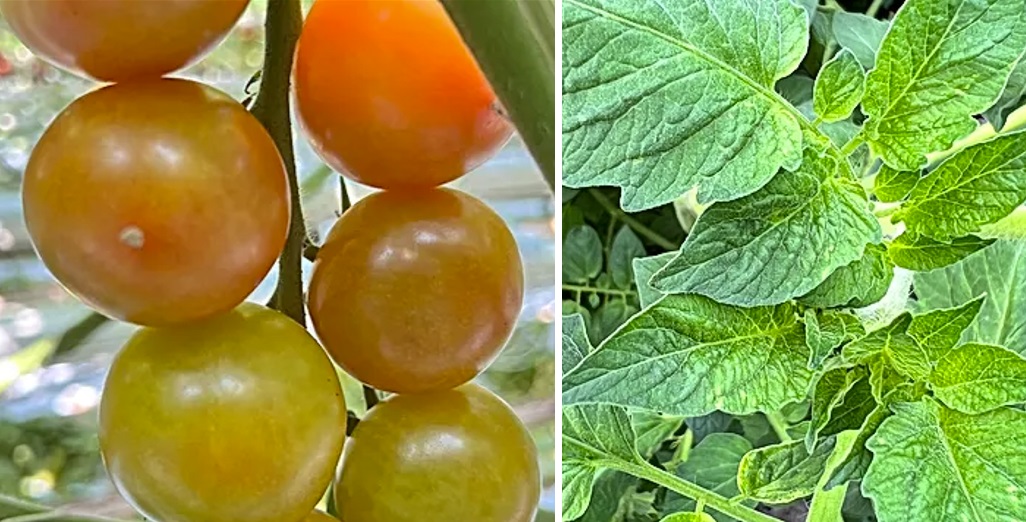
Tomato grower applies Tobre after contamination

Whitepaper elaborates on safe recirculation of irrigation water
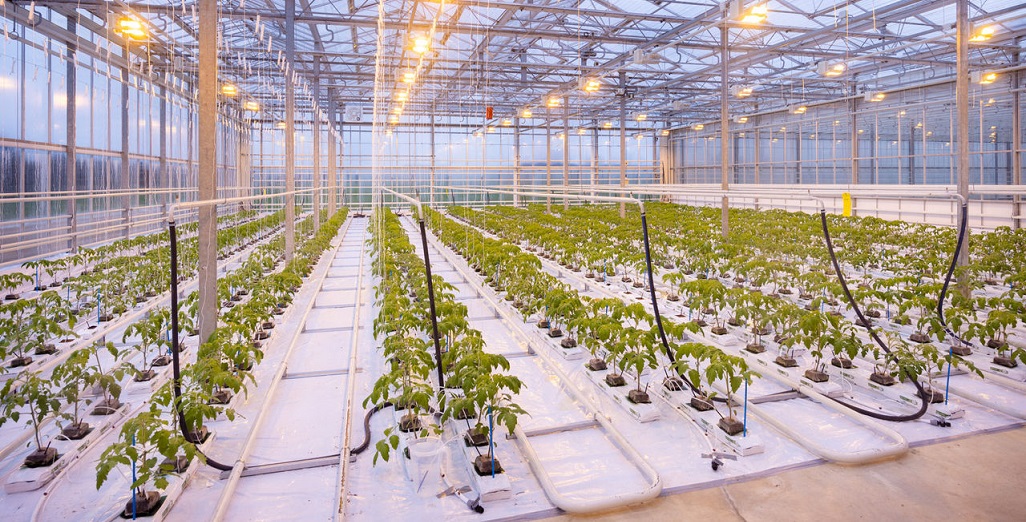
High hygiene standards are crucial to mitigate co-infection
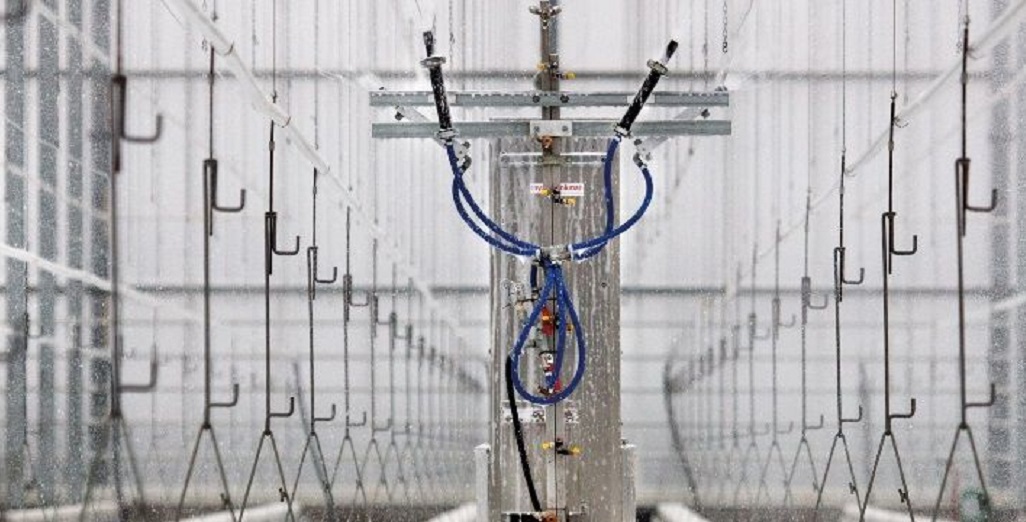
(Best of 2023) Hygiene a Priority in 2023
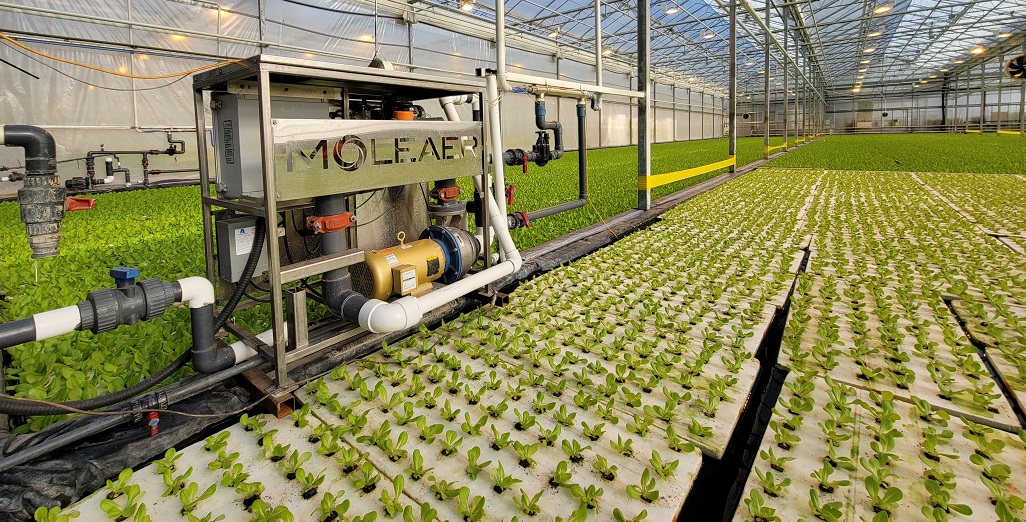
Maximizing Crop Yields with Nanobubbles
